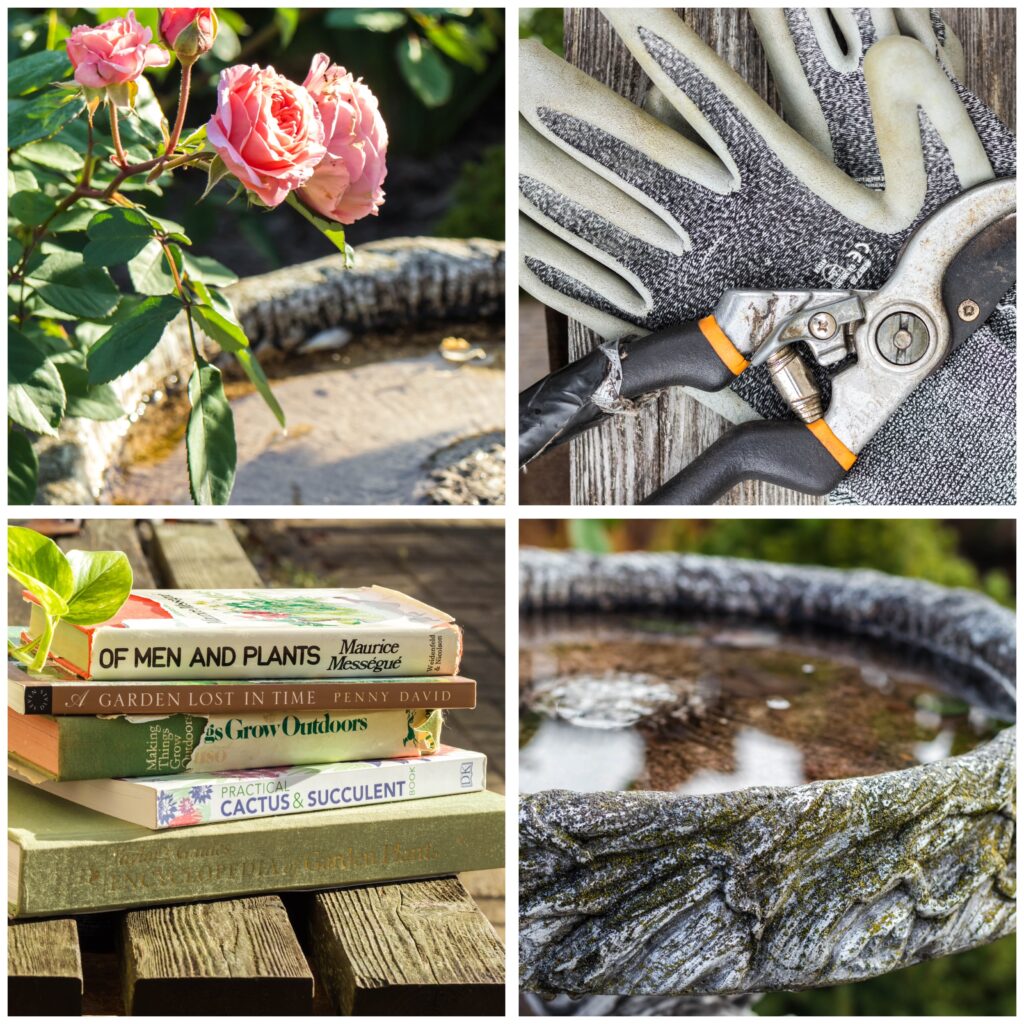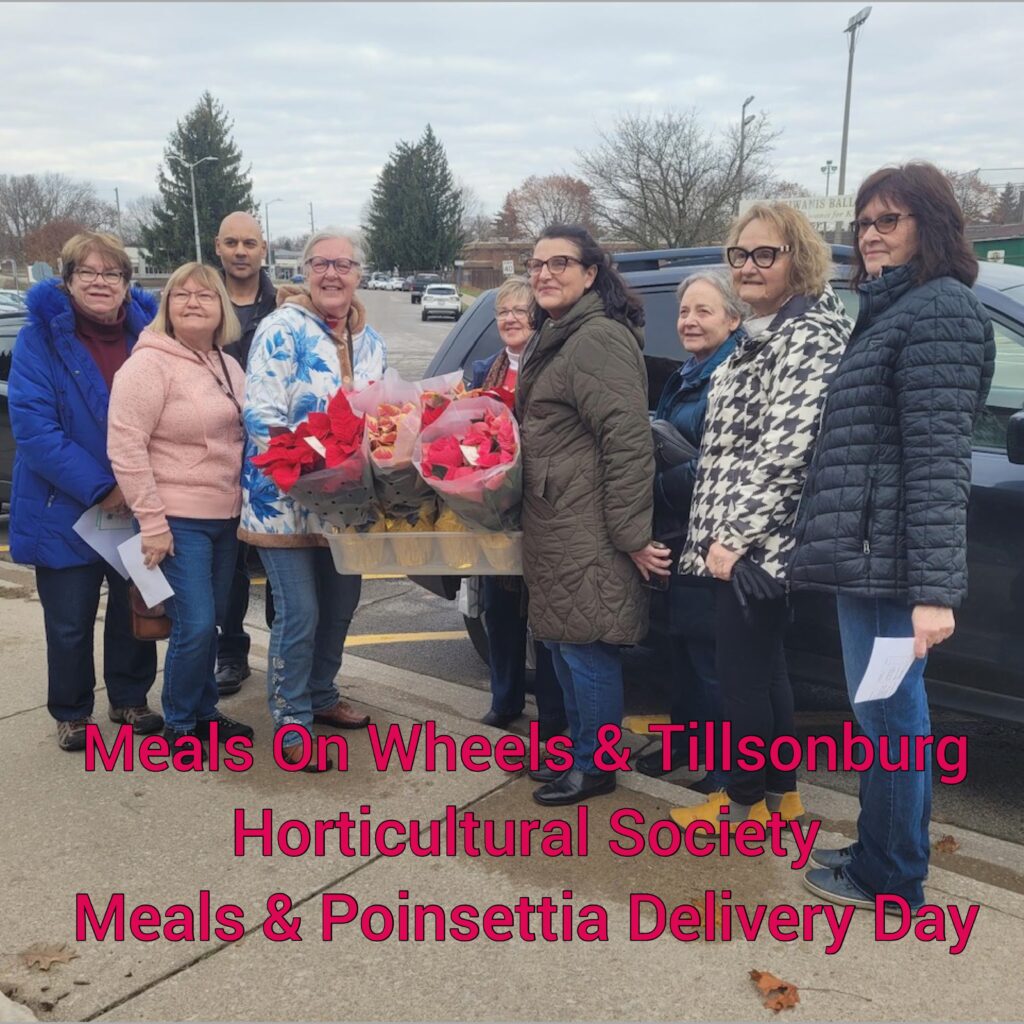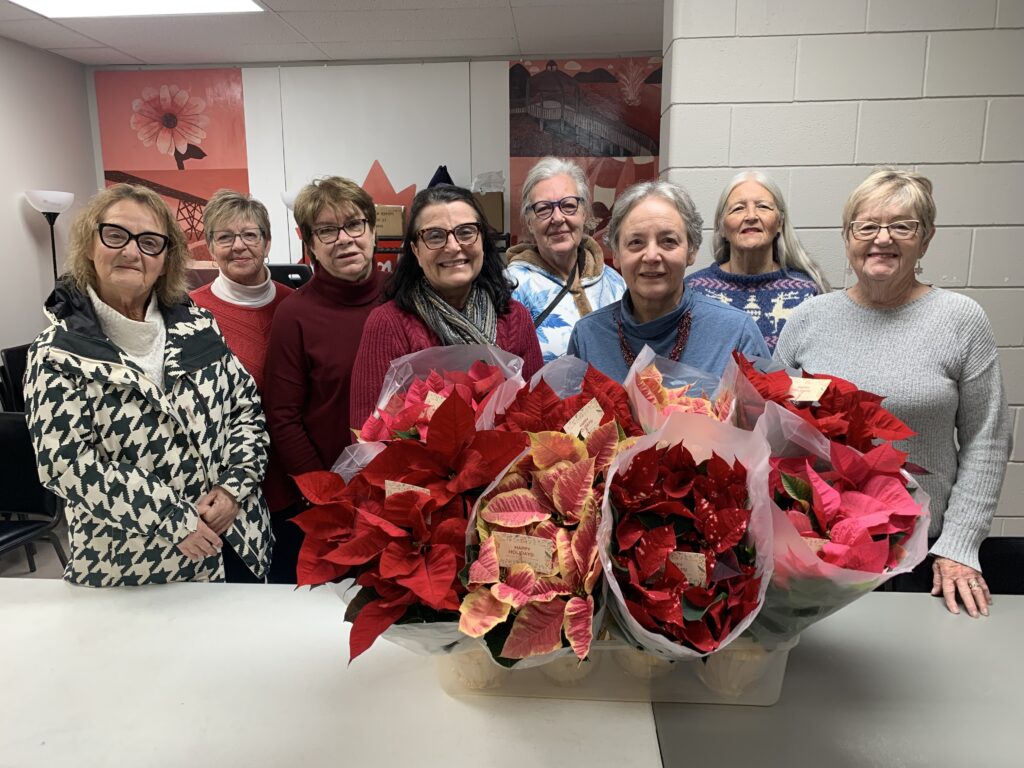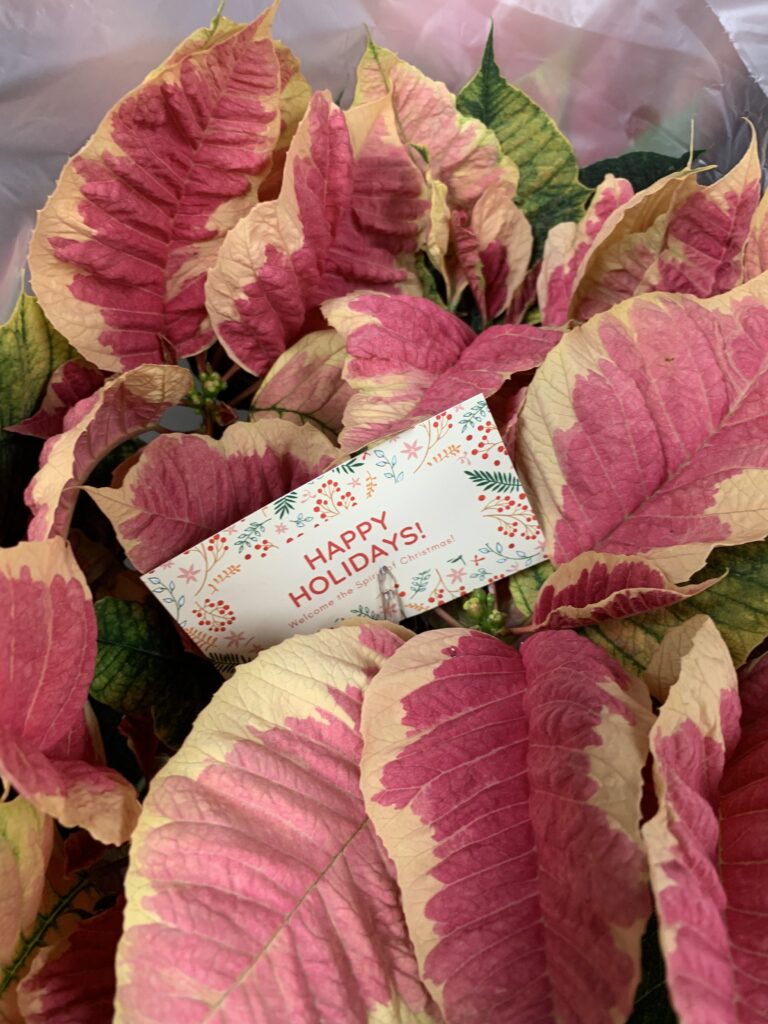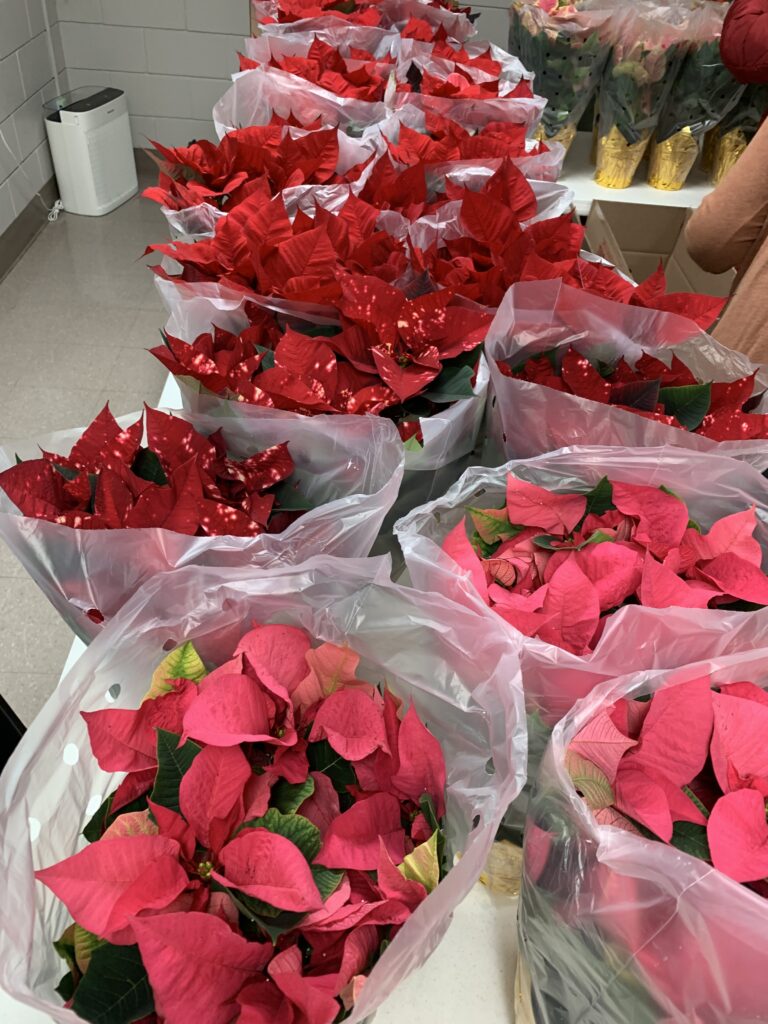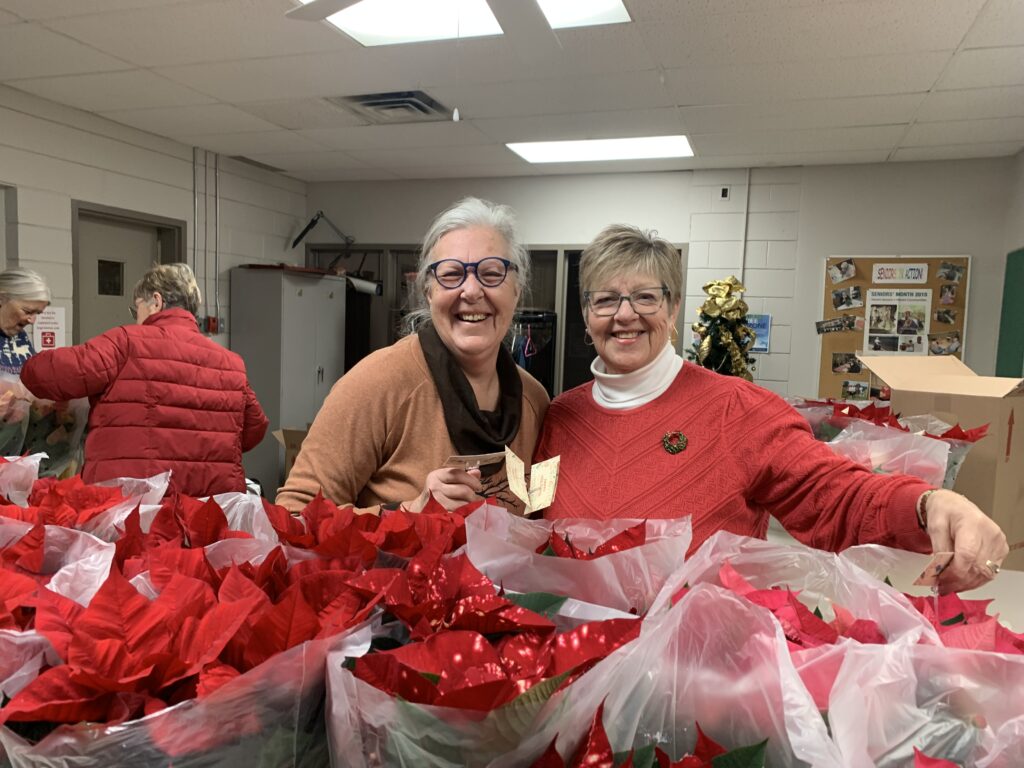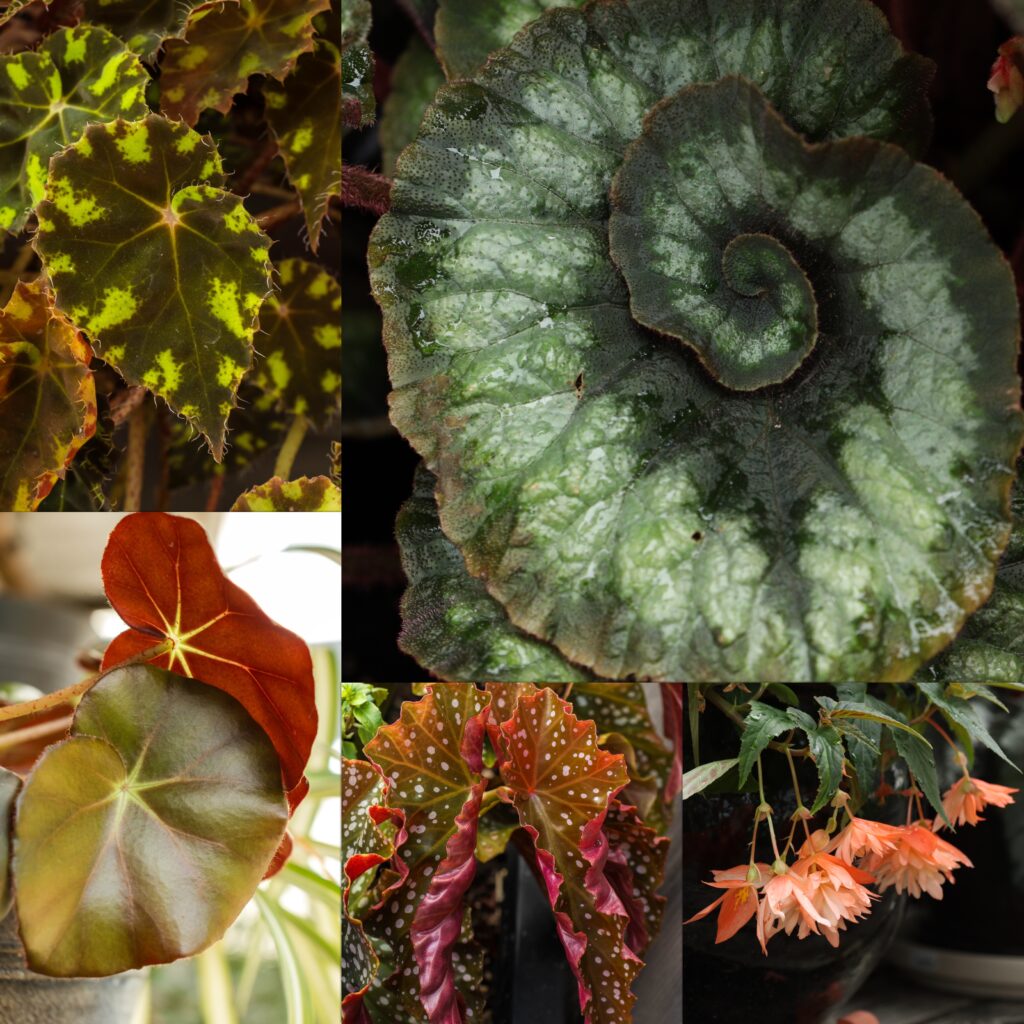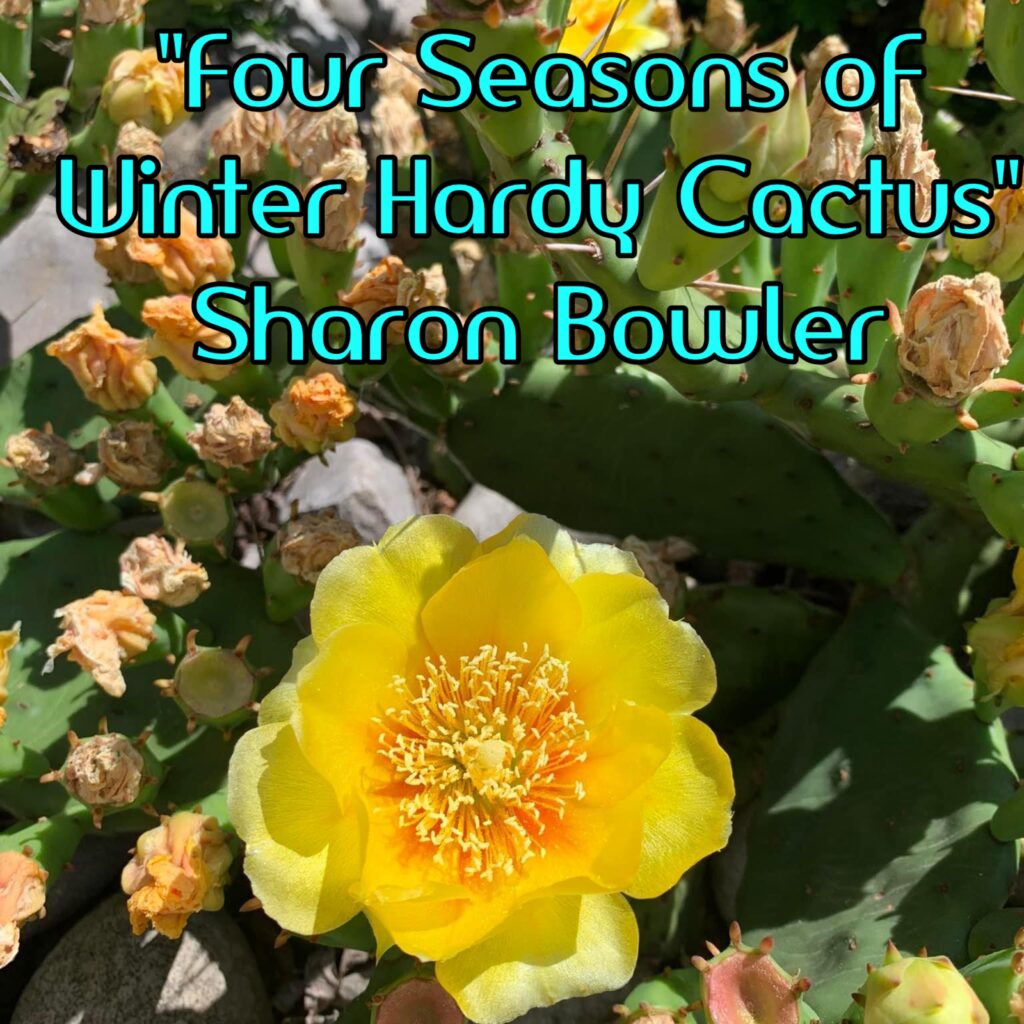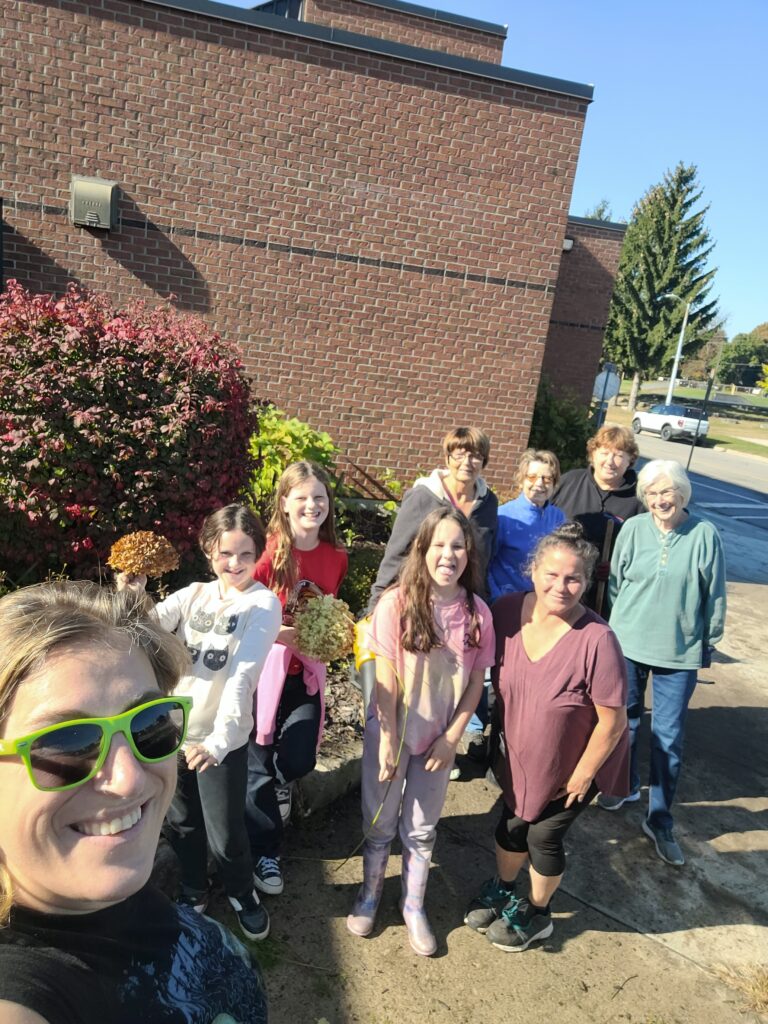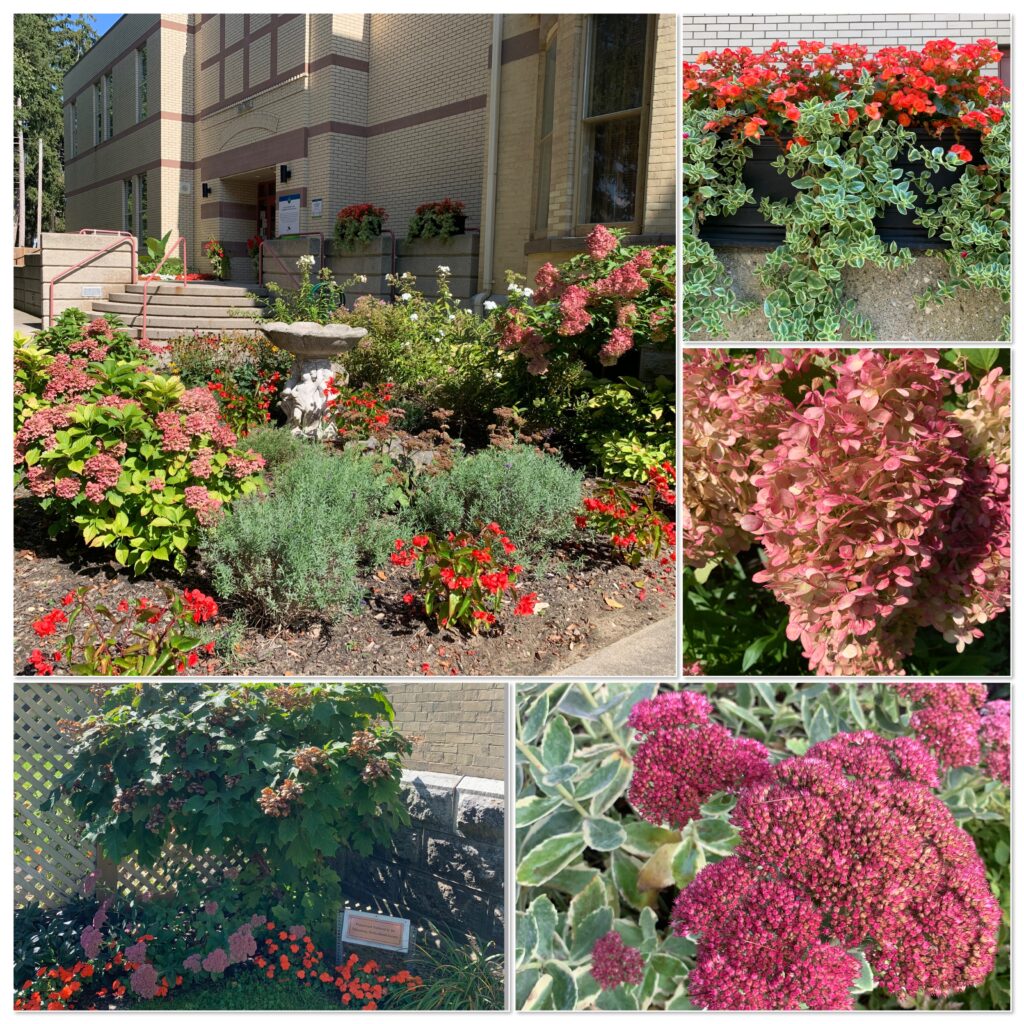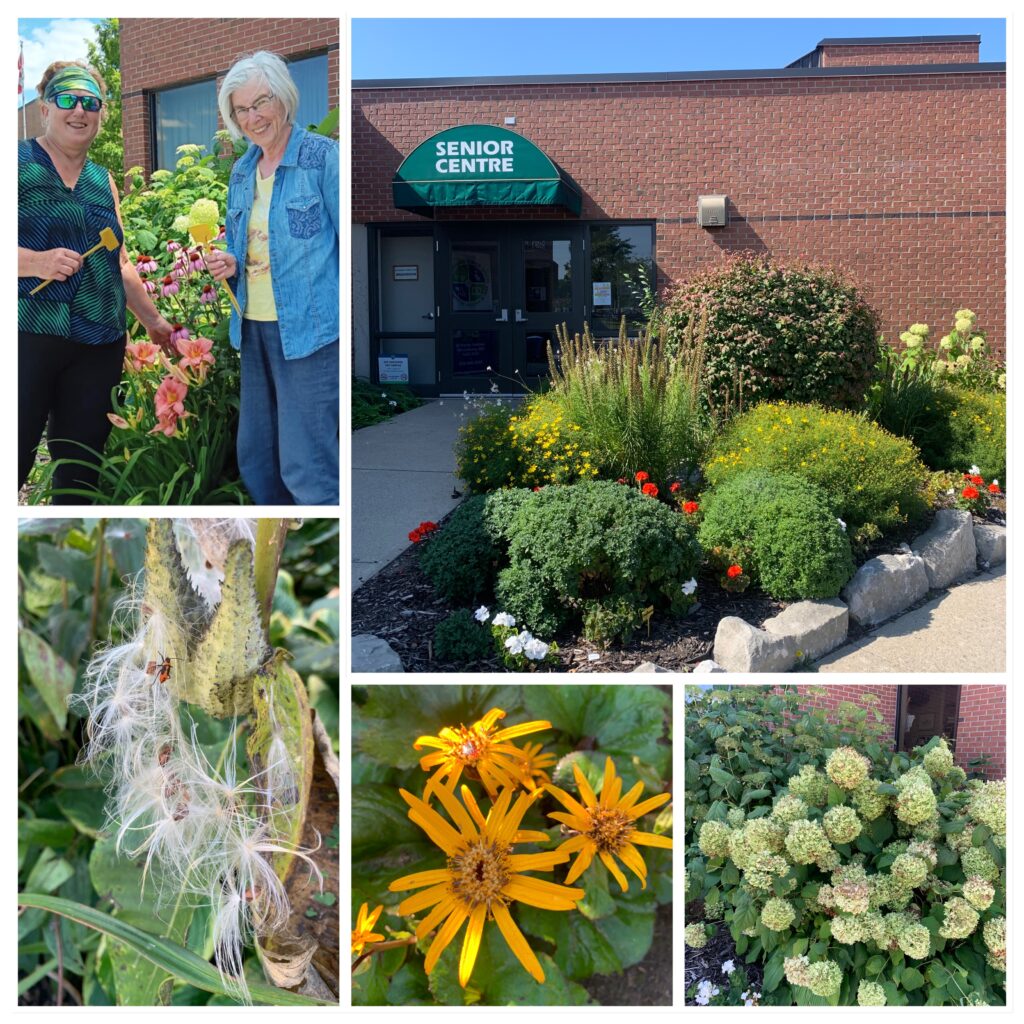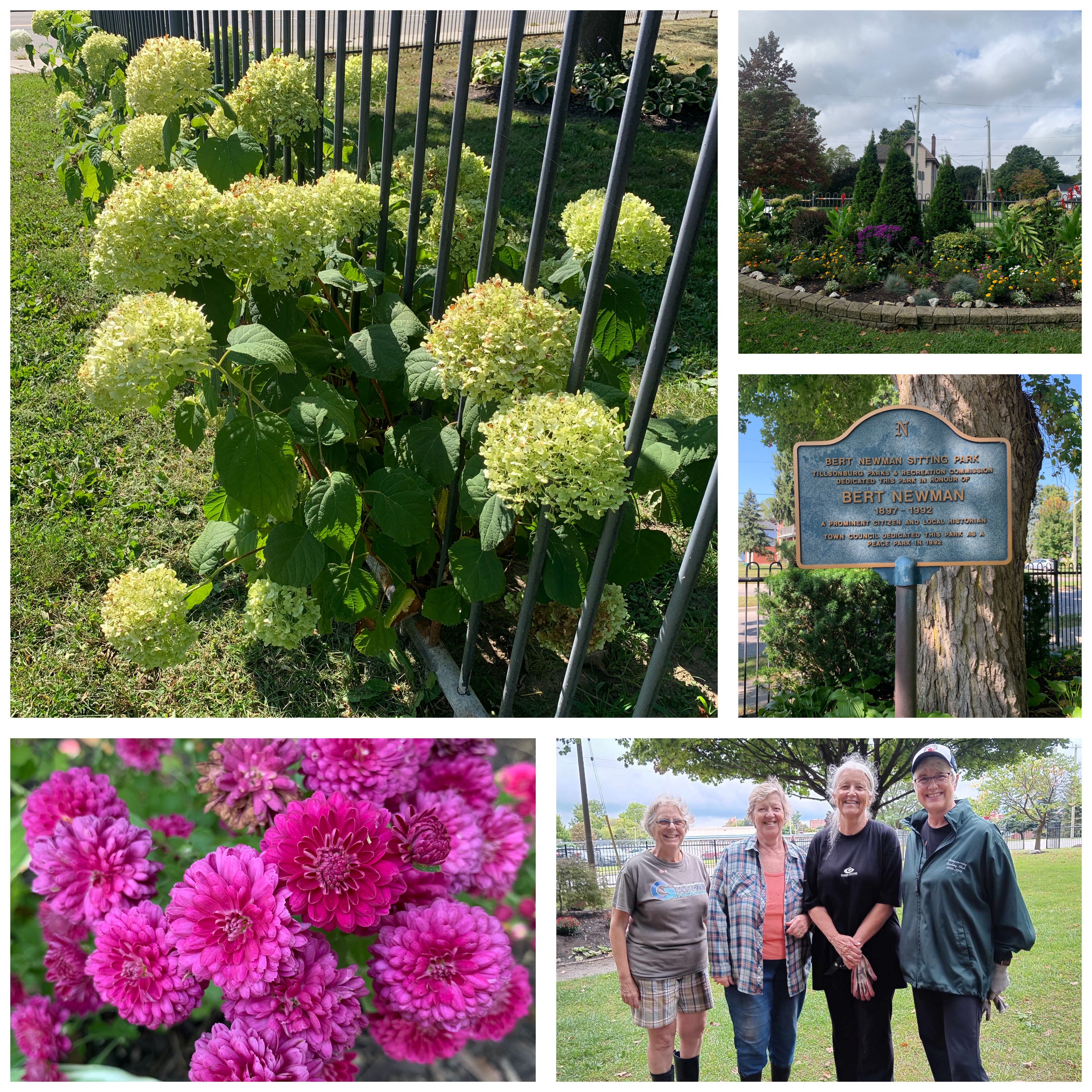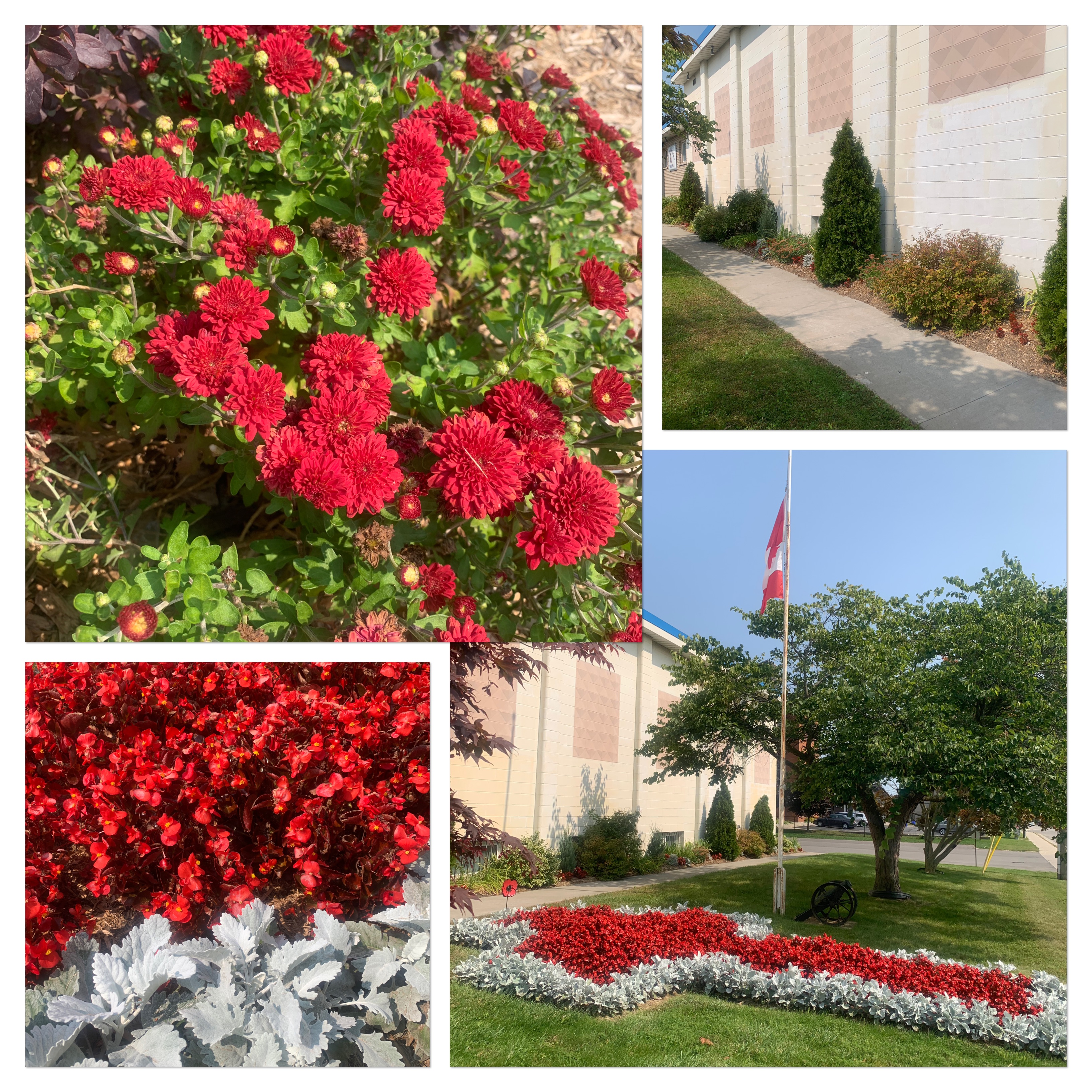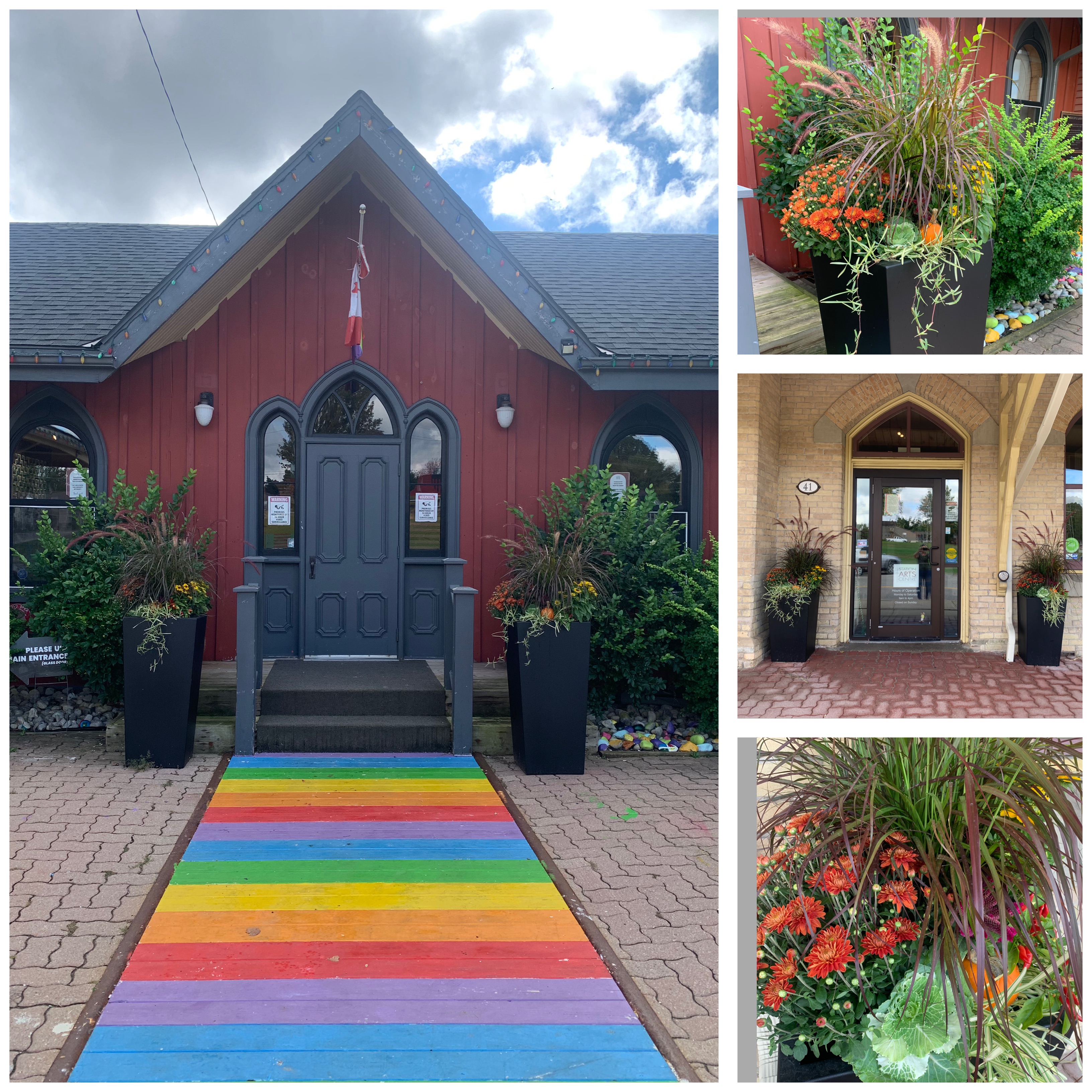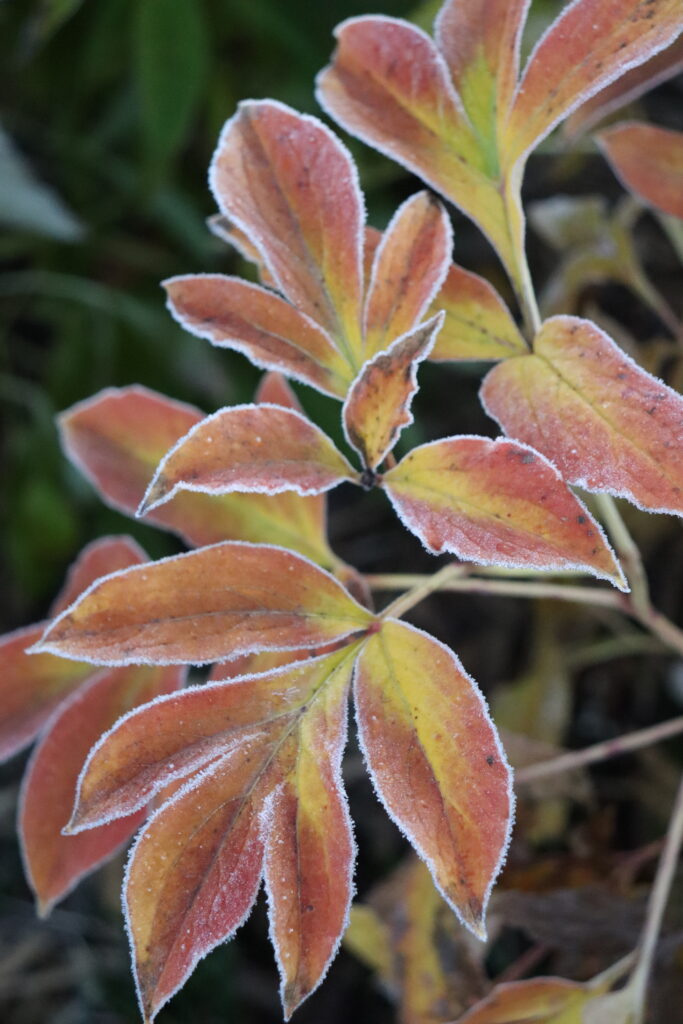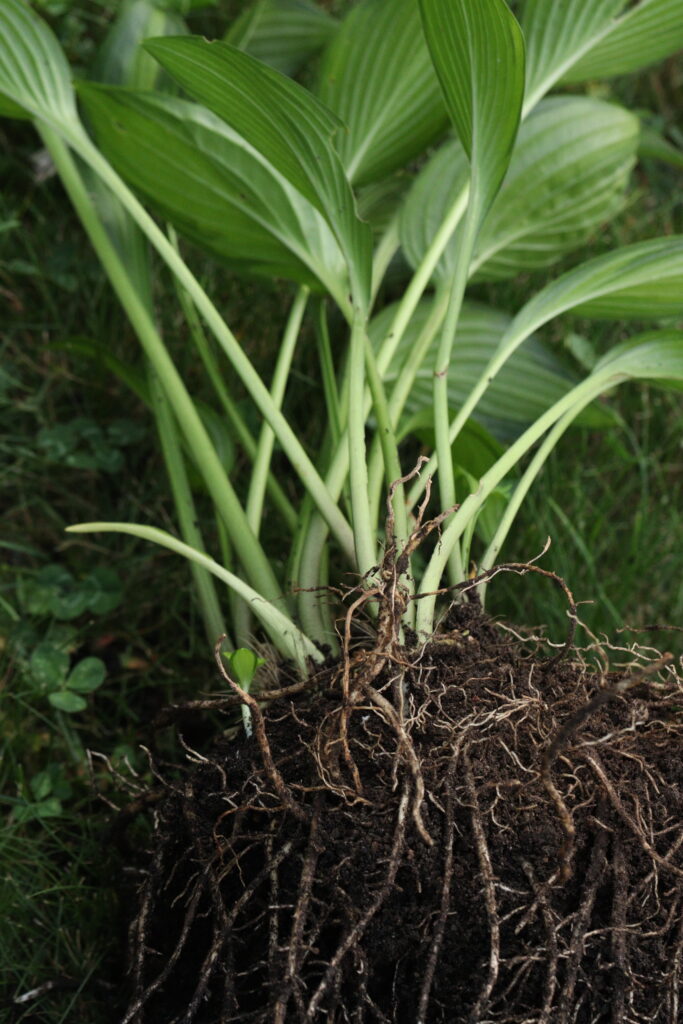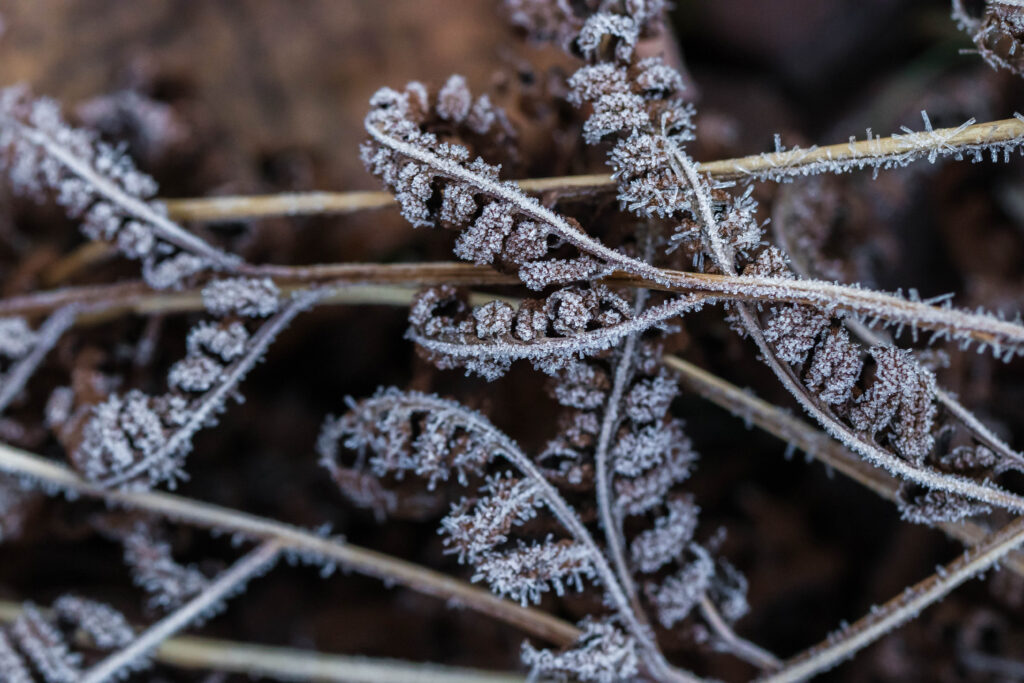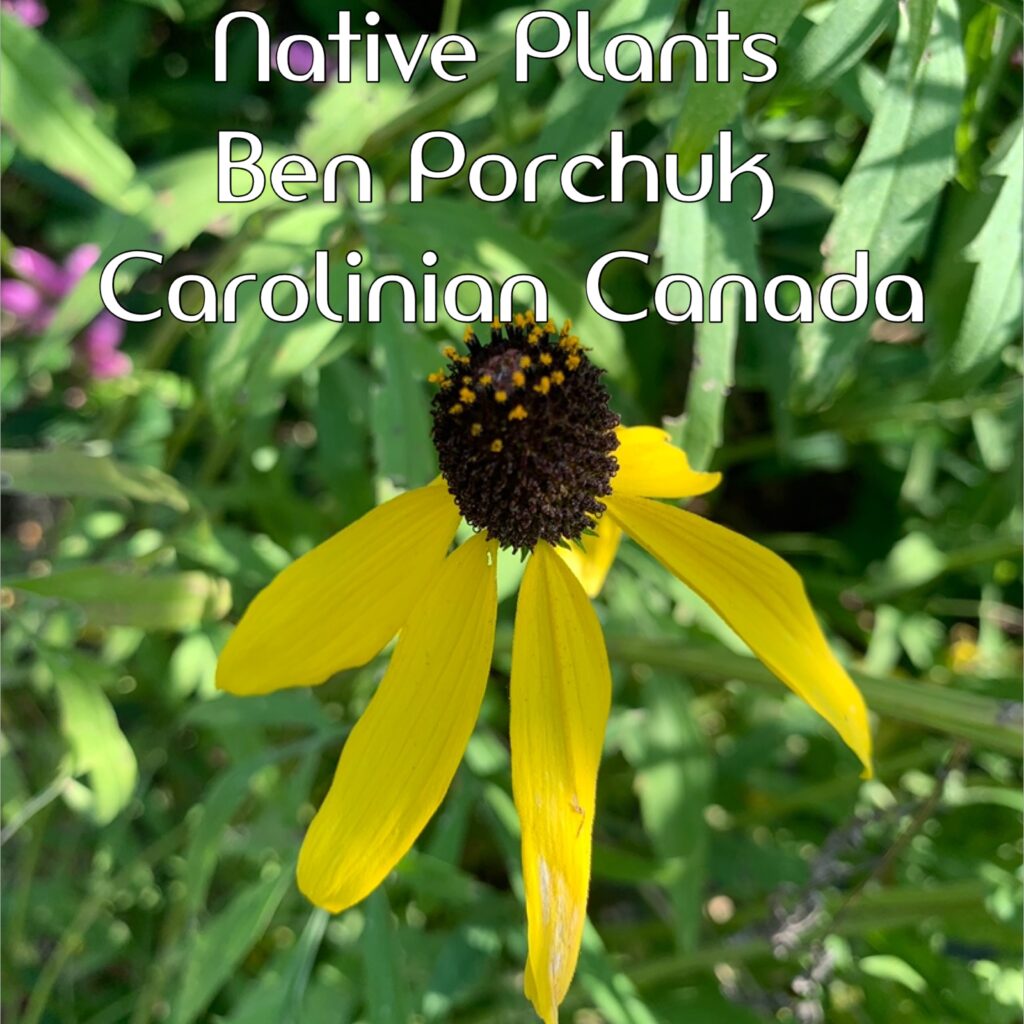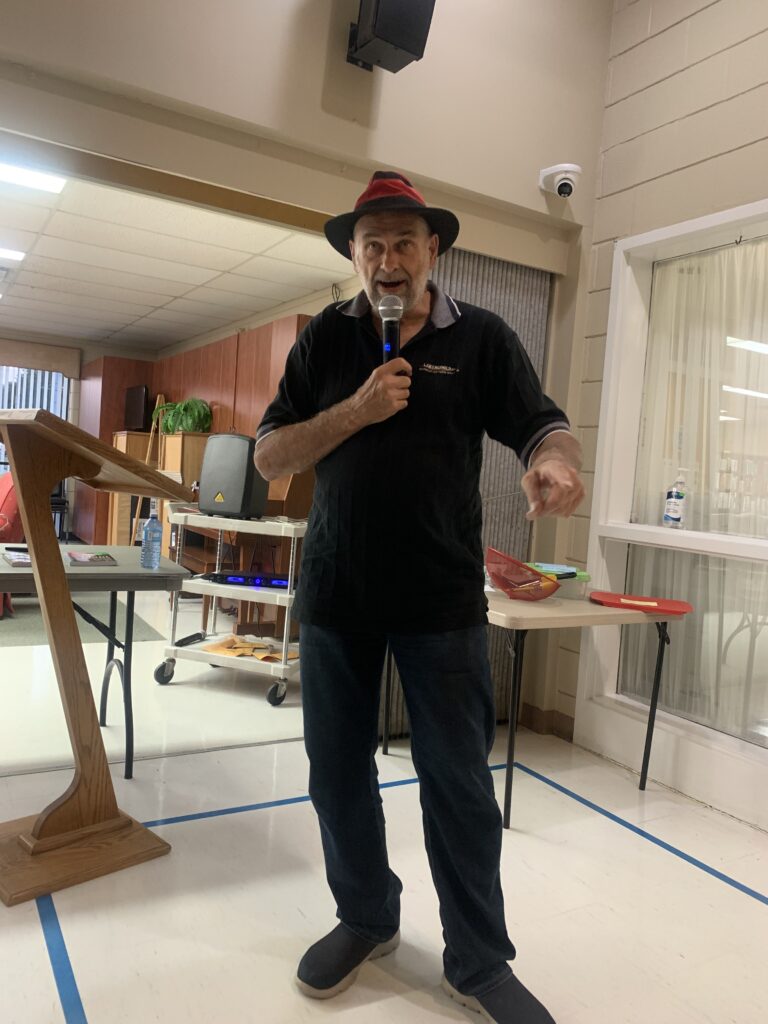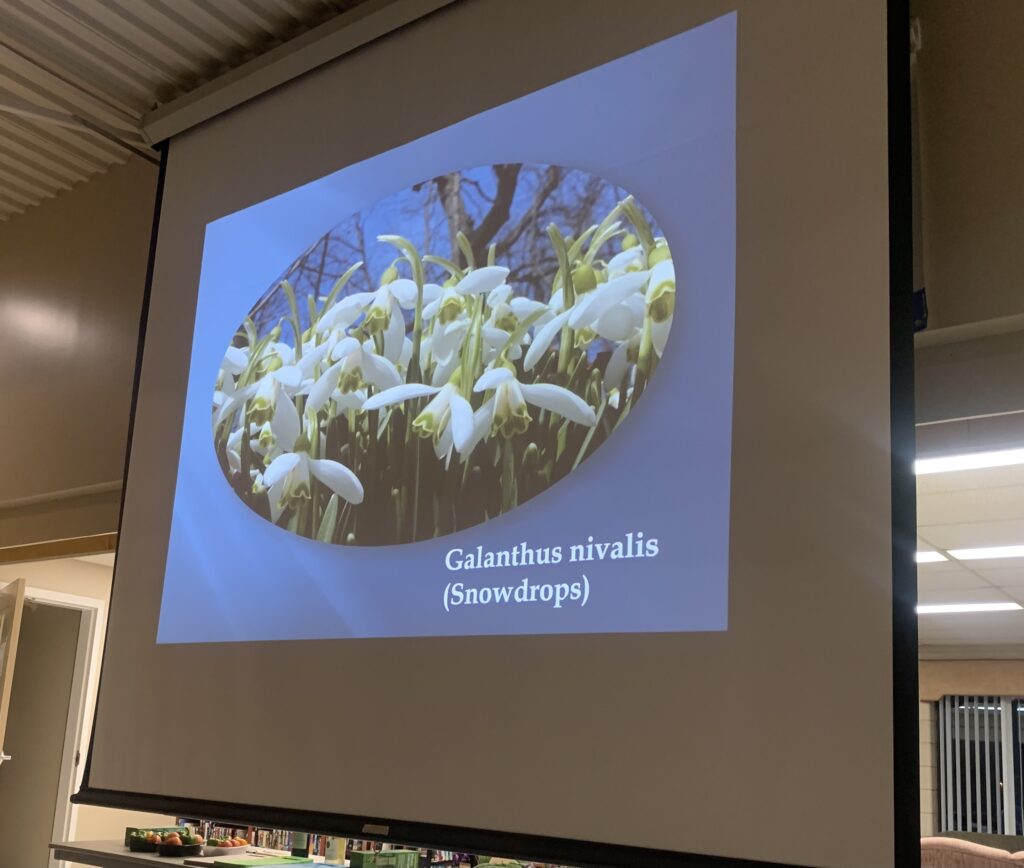By Sue Healey – Tillsonburg Horticultural Society
Although we’ve become used to green Decembers in Southwestern Ontario, roses blooming in the last days of a warm and wet November make winter seem far away. And yet, snow or not, the holiday season will come. With it the lights and jingles and gift guides; the lists of ideas for those of us out of them. As a gardener, I am and have been the target of those lists. I’ve been fortunate to have received decades of garden gifts. Useful, playful, thoughtful and unexpected, most were used, all were appreciated. But there are those that resonate, that continue to give long after they’ve been given. When I think of what my own gift guide would include, it is these few treasures I wouldhave again and give in turn. They would be those that have introduced me to a new facet of the natural world or broadenedmy understanding of it and my place in it. They would be those that have helped without harming.
One of my first and most prized gifts for the garden was a birdbath. For almost 30 years it has anchored my gardens. It’s basin, sides covered in lichen, has held flocks of bluebirds and reflections of the summer sky. It has grown spears of surprise ice when we’ve been hasty or slow in our ritual to open and close the seasons. Chipmunks and robins have sat at its edge, sharing evening drinks. Bees and butterflies, wasps and dragonflies meet there too, all equal in their thirst. The cleaning and refilling of it, my son’s first garden task, is a daily reminder that we are not alone in the garden. Grand or whimsical, on a pedestal or at ground level, water brings life to the garden as no other element can.
The simple gift of a seat can be profound. It is the gift of rest, of stillness, of pause. I am a restless gardener, as my father was,always on the move and never content to sit. But I’ve found the joy in stillness. Found it on a bench made just for me. Found it there, with my back warm against the west wall, sitting and reflecting upon my work and my world. A garden seat offers rest for the weary and encourages contemplation. It offers a view from a different perspective and can become a destination in it’s own right; a seat in the shade or a dry spot to watch the rain. Benches and chairs, stools and seats, each a gift beyond measure.
And I would have books on my list. Great stacks of them; huge picture books with glorious photos of far away gardens, thick reference books brimming with facts, biographies, diaries and how-to guides. I would want them well researched and written, full of knowledge and inspiration. What cold Sunday morning isn’t brightened by a tower of gardening books to peruse? If space is tight, digital and audio versions offer another whole world of information to explore. Many are available at our local libraries.
Gardeners are a finicky lot, and I would advise against giving tools as gifts. Garden tools are like shoes, they need to fit the owner and are best chosen in person. There are however, a few basic hand tools that all gardeners should have in their repertoire. Good quality secateurs in a medium cutting capacity are a gardener’s most used tool and make wonderful gifts no matter the occasion. Likely not the first, a second or third pairwill gladly be accepted. Long handled loppers, anotherindispensable pruning tool makes light work of most small tree branches, and a ratcheting set will get you kissed. A folding hand saw takes care of what the loppers won’t and completes a good collection of pruning tools.
Small but mighty gifts are gloves to work in the garden. My favourite are made by Watson, have a Nitril coating from palm to fingertips that makes them resistant rose thorns and water. A breathable back and a snug fit for my shortish fingers plus being machine washable, makes this a gift I would gladly receive every year (I am a size medium).
For those gardeners who’ve already got their water and their rest, the gift of experience is a sure way to please. When all of us seem to have just too much stuff, garden tours, exhibitions, clubs, and societies all offer new and exiting ways to enjoy the garden without adding to the pile. Wrap your gift in the ribbon of companionship by going along on the excursion.
Gardening can be a solitary endeavour, but some of my fondest memories are of those times when I could share my passion and in doing so see it from another’s point of view. Whether it’s a garden tour on vacation, a walk through the forest, or a trip to the garden centre, sharing can be the rarest, most valued gift we give or receive.
In this spirit of sharing and celebration, The Tillsonburg Horticultural Society will be holding their annual Christmas Potluck dinner instead of regular meetings on Tuesday, December 3, 2024. We wish you and yours a safe and healthy holiday season and peace in the new year.
Regular meetings will resume on January 7, 2025.
📷Sue
